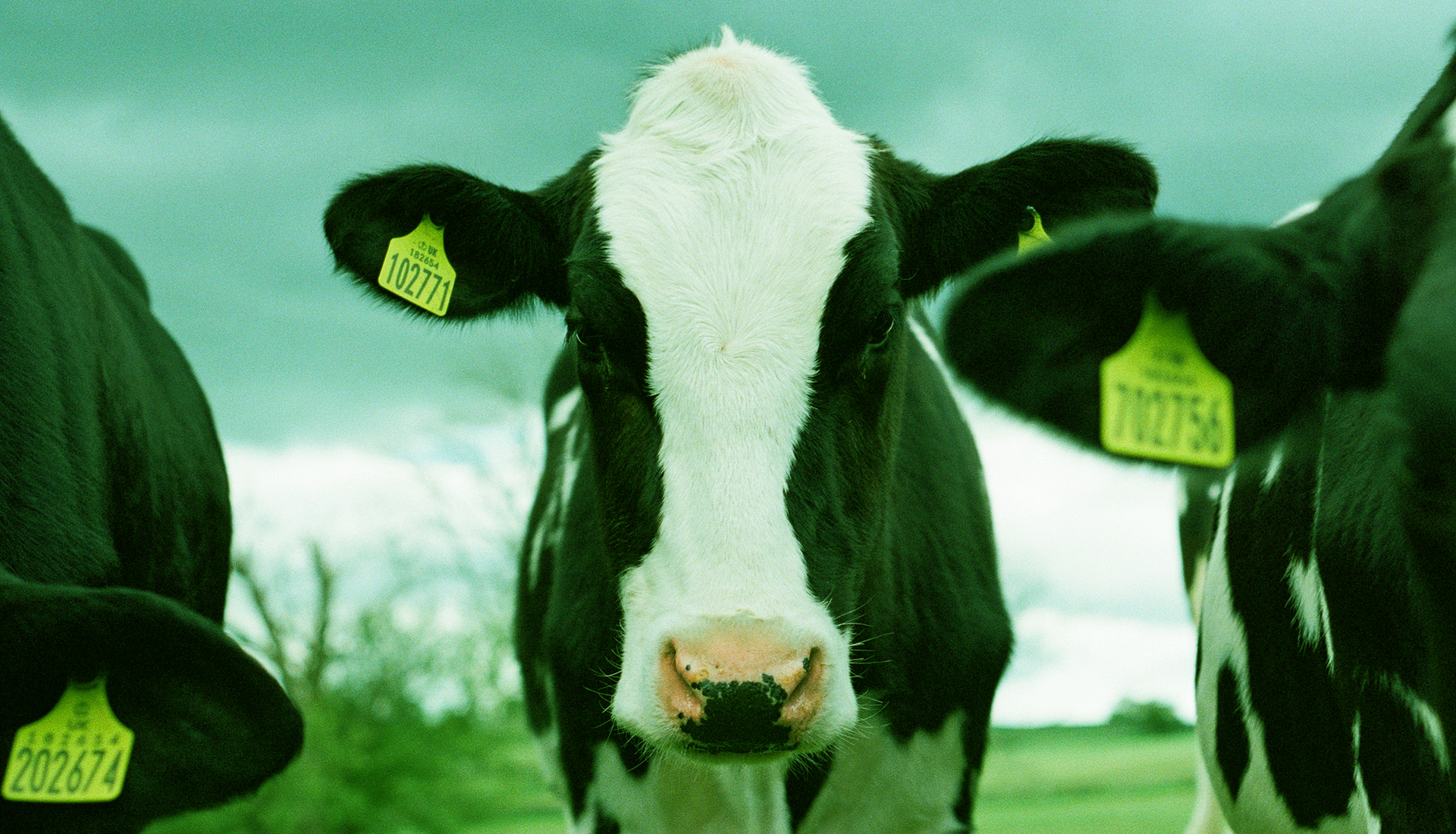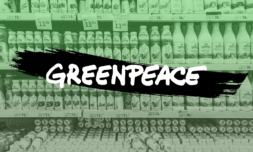The rearing of livestock for meat and dairy is producing more total emissions right now than all vehicles on the road in the EU, according to new reports.
At Thred we’re constantly highlighting food reform as a key part of the fight to keep global temperatures from rising 2 degrees above pre-industrial levels. With the potential to mitigate 20 percent of the global emission reduction needed by 2050, policy makers are being put under pressure to make wholesale changes as shocking reports continue to emerge from the agriculture industry.
The latest exposé arrives courtesy of Greenpeace, who’ve been shining a light on the impact of meat and dairy production. Based on data collected from the UN Food and Agriculture Organisation and peer-reviewed scientific research, Greenpeace has discovered that animal farming currently accounts for 17 percent of EU emissions and a staggering 502 million tons of CO2 per year. To put this into perspective, the automobile industry – which receives a ton of flack each year in the mainstream media – generates 14.5 percent.
From 2007 to 2018, yearly emissions from animal farming rose by 6 percent, which would’ve equated to adding roughly 8.4 million cars to European roads and sending 3 million commercial airliners on flights the whole circumference of the globe. With Europeans generally oblivious to the concept of carbon footprints and continuing to consume around 60 percent more meat, eggs, and dairy than dietary guidelines recommend, the numbers are only set to rise in future reports.



















